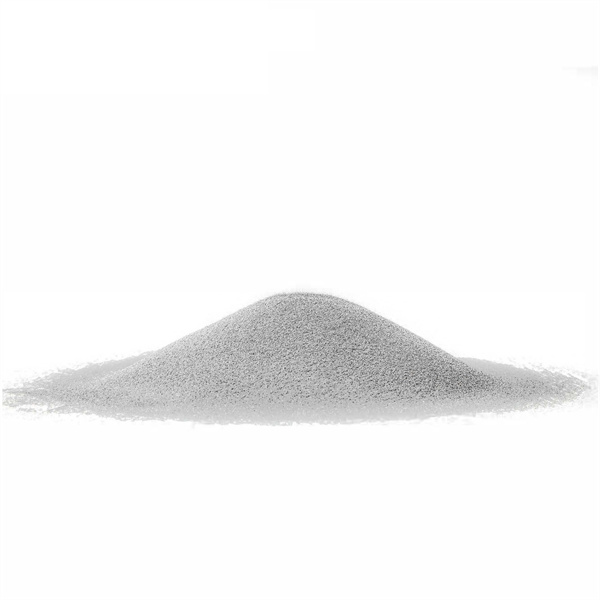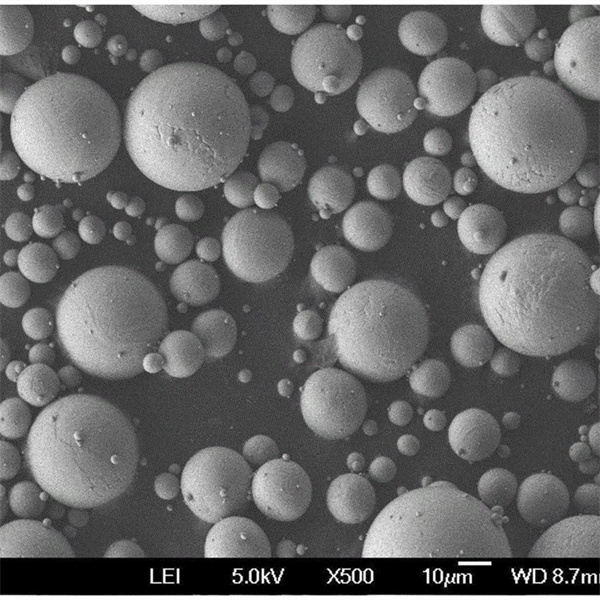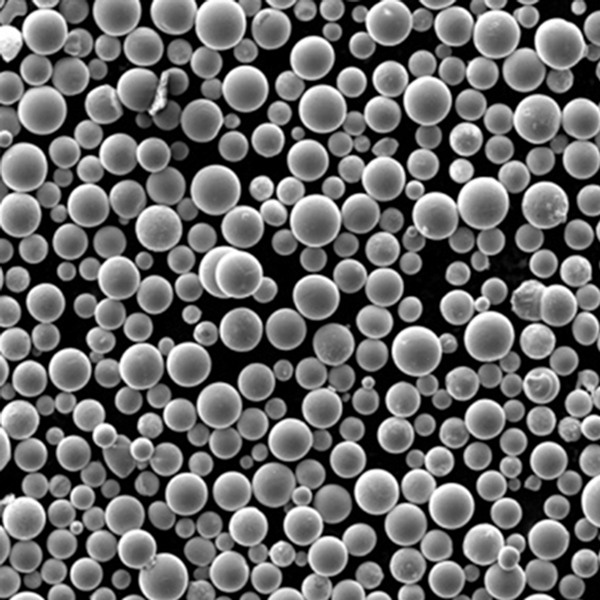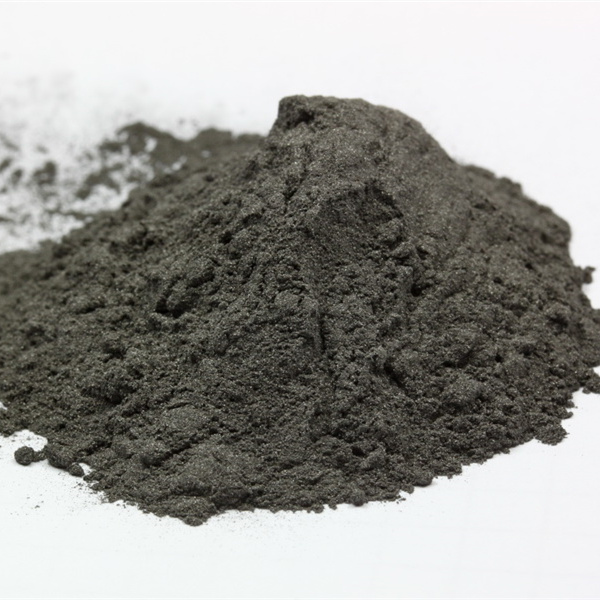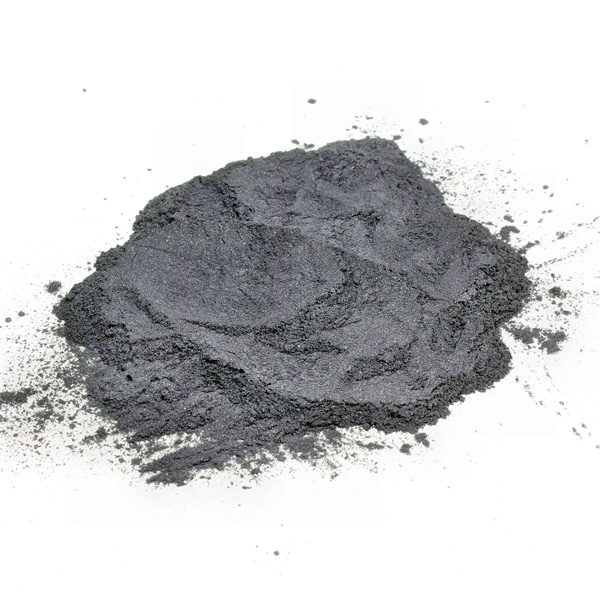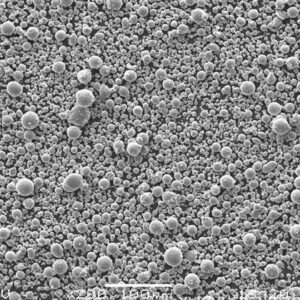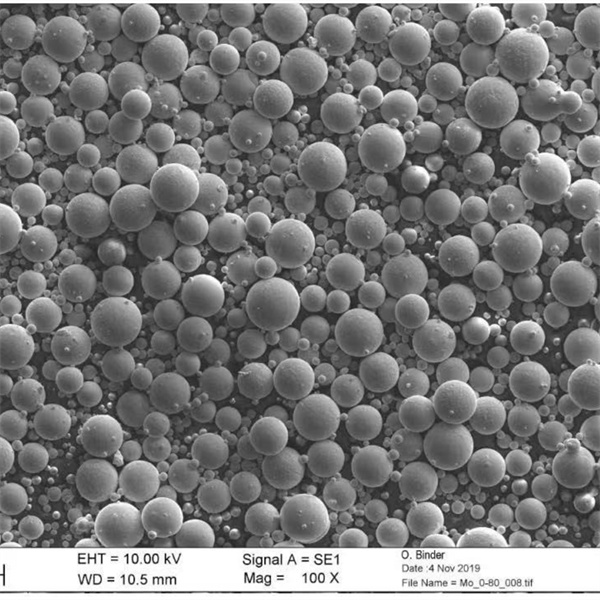Best Hastelloy X Powder丨High temperature alloy Powder for 3D Printing
Hastelloy X Powder holds a special place. It’s a nickel-based superalloy that has an extraordinary blend of properties, thanks to its composition which includes chromium, iron, and molybdenum. The high nickel content offers exceptional resistance to oxidation and corrosion.
Low MOQ
Provide low minimum order quantity to meet different needs.
OEM & ODM
Provide customized products and design services to meet unique customer needs.
Adequate Stock
Ensure fast order processing and provide reliable and efficient service.
Customer Satisfaction
Provide high quality products with customer satisfaction at the core.
share this product
Table of Contents
Overview of Hastelloy X Powder
Hastelloy X is a nickel-based superalloy powder known for its excellent high temperature strength, oxidation resistance, and fabricability. It has applications in the aerospace, industrial, and energy industries where parts are exposed to extreme environments.
This article provides a comprehensive guide to Hastelloy X powder. It covers the composition, properties, applications, specifications, suppliers, handling, inspection, comparisons, pros and cons, and frequently asked questions about this versatile alloy powder. Quantitative data is presented in easy-to-read tables for quick reference.
Composition of Hastelloy X Powder
Hastelloy X has a complex composition optimized for high temperature performance. The main alloying elements are nickel, chromium, iron, and molybdenum.
| Element | Weight % | Role |
|---|---|---|
| Nickel | Balance | Matrix element, provides corrosion resistance |
| Chromium | 21.5 – 23.5 | Oxidation resistance, formation of protective Cr2O3 |
| Iron | 17 – 20 | Solid solution strengthening |
| Molybdenum | 8 – 10 | Solid solution strengthening, creep resistance |
| Cobalt | 1 max | Enhances hot workability |
| Manganese | 1 max | Deoxidizer |
| Silicon | 0.5 max | Deoxidizer |
| Carbon | 0.15 max | Carbide former |
Trace additions of boron, zirconium, and carbon are also made to optimize properties like creep resistance. The balance nickel content provides corrosion resistance.
Properties of Hastelloy X Powder
Hastelloy X exhibits an excellent combination of properties for high temperature applications:
| Property | Description |
|---|---|
| High temperature strength | Excellent creep rupture strength up to 1150°C |
| Oxidation resistance | Resists oxidation in air up to 1200°C |
| Thermal fatigue resistance | Resists cracking during thermal cycling |
| Fabricability | Easy to form and weld compared to other superalloys |
| Corrosion resistance | Resists many oxidizing and reducing environments |
Grain size control and thermomechanical processing modifies properties like tensile strength and ductility.
Applications of Hastelloy X Powder
The unique properties of Hastelloy X enable critical applications including:
| Industry | Applications |
|---|---|
| Aerospace | Jet engine combustion liners, afterburners, exhaust parts |
| Industrial | Reformer tubes, heat treatment equipment |
| Energy | Nuclear & fossil fuel power generation, chemical processing |
| Automotive | Exhaust system components, turbocharger parts |
The oxidation resistance allows thin section capabilities needed for jet engine combustion liners. It also suits the extremes of chemical processing vessels and tubing.
Specifications of Hastelloy X Powder
Hastelloy X powder is commercially available with specifications per alloy grade:
| Parameter | Specification |
|---|---|
| Alloy grades | Hastelloy X, B3, BC3, BN |
| Particle size | 15-45 microns, 45-105 microns |
| Particle shape | Spherical, irregular morphology |
| Apparent density | 2.5-4.5 g/cc |
| Tap density | 4-6 g/cc |
| Purity | >99.9% |
| Oxygen content | <1000 ppm |
| Moisture content | <0.2% |
Other custom size distributions, purity levels, particle shapes and alloy modifications are possible for special applications.
Suppliers of Hastelloy X Powder
Hastelloy X powder is available from the following specialty alloy powder manufacturers:
| Supplier | Location |
|---|---|
| Carpenter Technology | USA |
| Sandvik | Sweden |
| Erasteel | France |
| Aperam | Brazil |
| VDM Metals | Germany |
| Nippon Yakin | Japan |
Pricing ranges from $50/kg to $120/kg based on factors like particle size, shape, alloy grade and purchase volume.
Handling and Storage of Hastelloy X Powder
As a reactive metal powder, Hastelloy X requires controlled handling and storage:
- Store in sealed containers in a cool, dry environment
- Avoid contact with moisture, acids, halogen compounds
- Ground containers and transfer equipment to prevent static buildup
- Use spark-proof tools and minimize dust generation
- Prevent accumulation of dusts to reduce explosion risk
- Wear appropriate PPE and avoid inhalation of powders
Proper precautions during handling, storage and processing are critical for safety and quality.
Inspection and Testing of Hastelloy X Powder
Hastelloy X powder batches are tested to ensure they meet specifications:
| Test Method | Parameters Checked |
|---|---|
| Sieve analysis | Particle size distribution |
| Apparent density | Powder flowability |
| Tap density | Packed density |
| Scanning electron microscopy | Particle morphology |
| Energy dispersive X-ray | Chemistry, alloy composition |
| X-ray diffraction | Phases present |
| Inductively coupled plasma | Trace element analysis |
Sampling and testing as per ASTM standards ensures batch-to-batch consistency and quality.
Comparing Hastelloy X to Alternatives
Hastelloy X has advantages and limitations compared to other superalloys:
| Alloy | Oxidation Resistance | Fabricability | Cost |
|---|---|---|---|
| Hastelloy X | Excellent | Good | High |
| Inconel 625 | Good | Excellent | Medium |
| Haynes 230 | Excellent | Poor | Very High |
| Inconel 718 | Medium | Fair | Medium |
Hastelloy X provides the best combination of oxidation resistance, fabricability, and cost for many high temperature applications.
Pros and Cons of Hastelloy X Powder
| Pros | Cons |
|---|---|
| Excellent high temperature strength | Expensive compared to stainless steels |
| Outstanding oxidation resistance | Lower fabricability than Inconel 625 |
| Thermal fatigue resistance | Susceptible to embrittlement at lower temperatures |
| Ease of welding and machining | Requires controlled handling and processing |
| Resists many corrosive environments | Limited data available compared to popular alloys |
Hastelloy X enables exceptional performance but requires care in processing and has high material cost.
Frequently Asked Questions about Hastelloy X Powder
Here are answers to some common questions about Hastelloy X powder:
Q: What is Hastelloy X used for?
A: Hastelloy X is used in aircraft engines, industrial furnaces, chemical processing, and power generation applications where strength and oxidation resistance at extreme temperatures are required.
Q: What is the difference between Hastelloy X and Hastelloy C?
A: Hastelloy X has addition of iron and higher molybdenum content. This gives better fabricability and high temperature strength compared to Hastelloy C which relies only on chromium for oxidation resistance.
Q: Is Hastelloy X weldable?
A: Yes, Hastelloy X has good weldability compared to other nickel superalloys, making it suitable for fabrication of complex components. Proper welding process and parameters must be used to avoid cracking.
Q: What is the temperature range of Hastelloy X?
A: It maintains good strength and oxidation resistance up to 1100°C for prolonged service. Shorter exposures up to 1200°C are possible. Lower temperatures can cause embrittlement.
Q: Is Hastelloy X magnetic?
A: No, Hastelloy X is non-magnetic, with magnetic permeability close to 1. This makes it useful for certain electronic and high temperature applications.
Q: What corrosion environments can Hastelloy X withstand?
A: It exhibits excellent corrosion resistance to oxidizing acids, halogens, sulfidation, and stress corrosion cracking environments found in chemical processing.
Q: Does Hastelloy X contain cobalt?
A: Most grades of Hastelloy X contain 1% or less cobalt. Cobalt-free variants are also available for biomedical applications where cobalt can cause negative health effects.
Q: What are the contents of a Hastelloy X powder MSDS?
A: It provides composition data, health and reactivity hazards, handling guidance, storage requirements, spill and firefighting procedures, transport information and disposal guidelines that are essential to review before use.
Q: Can Hastelloy X powder be 3D printed?
A: Yes, Hastelloy X alloy powders can be used in laser and electron beam powder bed fusion additive manufacturing processes. Parameters are optimized to provide dense, crack-free parts.
Q: How is Hastelloy X powder made?
A: Gas atomization is the common production method where the alloy melt is broken into fine droplets and rapidly solidified into powder. Water atomization is also used either by itself or with gas atomization.
Q: What are the alternatives to Hastelloy X?
A: Alternatives include Inconel 617, Haynes 230, Inconel 625, and stainless steels like 310 and 330. They offer lower cost but cannot match the oxidation resistance of Hastelloy X in extreme environments.
About Met3DP
Product Category
HOT SALE
CONTACT US
Any questions? Send us message now! We’ll serve your request with a whole team after receiving your message.

Leading provider of additive manufacturing solutions headquartered in Qingdao, China.
COMPANY
PRODUCT
cONTACT INFO
- Qingdao City, Shandong, China
- [email protected]
- [email protected]
- +86 19116340731
